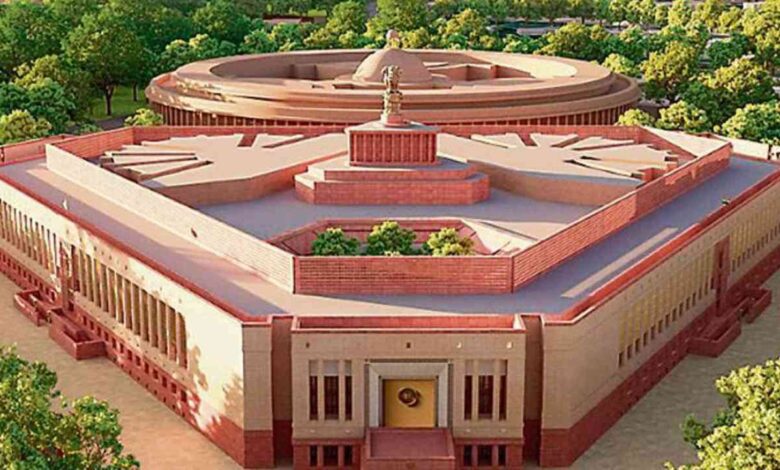New Anti-Corruption Bill in India: Prime Ministers and Chief Ministers May Lose Their Posts

Anti-corruption Bill: A new horizon is about to unfold in Indian politics. The central government is set to introduce a new bill in Parliament, which is being considered a groundbreaking step in combating corruption. If this bill becomes law, the Prime Minister, Union Ministers, Chief Ministers, and state ministers accused in serious criminal cases could lose their positions. This move has already sparked widespread discussion in political circles.
Key Aspects of the New Bill
The main objective of this bill is to hold high-ranking political leaders accountable for corruption. Some important aspects of the bill are highlighted below:
- Mandatory Resignation: If any Prime Minister, Union Minister, Chief Minister, or state minister is detained for 30 consecutive days in a serious criminal case, they must resign. The criminal offense must carry a minimum sentence of five years of imprisonment.
- President’s Power: If an accused leader does not resign within 30 days, the President will have the power to remove them from their post on the 31st day. In some cases, this removal could be automatic.
- Constitutional Amendment: To implement this bill, amendments to Articles 75, 164, and 239 of the Constitution have been proposed. This will create a legal framework for the removal of corrupt high-ranking officials.
Political Context and Debate
The speaker in the video criticized the current political situation, stating that many leaders remain in power despite serious corruption allegations. As examples, he mentioned Arvind Kejriwal and Mamata Banerjee. According to him, this new bill will help restore public trust and send a message that no leader is above the law.
However, the bill is not without controversy. Opposition parties believe that the BJP might use this bill as a tool to gain a political advantage in the upcoming elections or to target opposition-ruled states. Nevertheless, the speaker expressed hope that this bill would help curb corruption and make leaders more accountable.
Conclusion
If this new anti-corruption bill truly becomes law, it will bring a significant change to Indian politics. On one hand, it will pave the way for the removal of corrupt leaders, and on the other, it will help increase transparency and accountability among political parties. It now remains to be seen whether this bill is passed in Parliament and how effectively it can be implemented.

